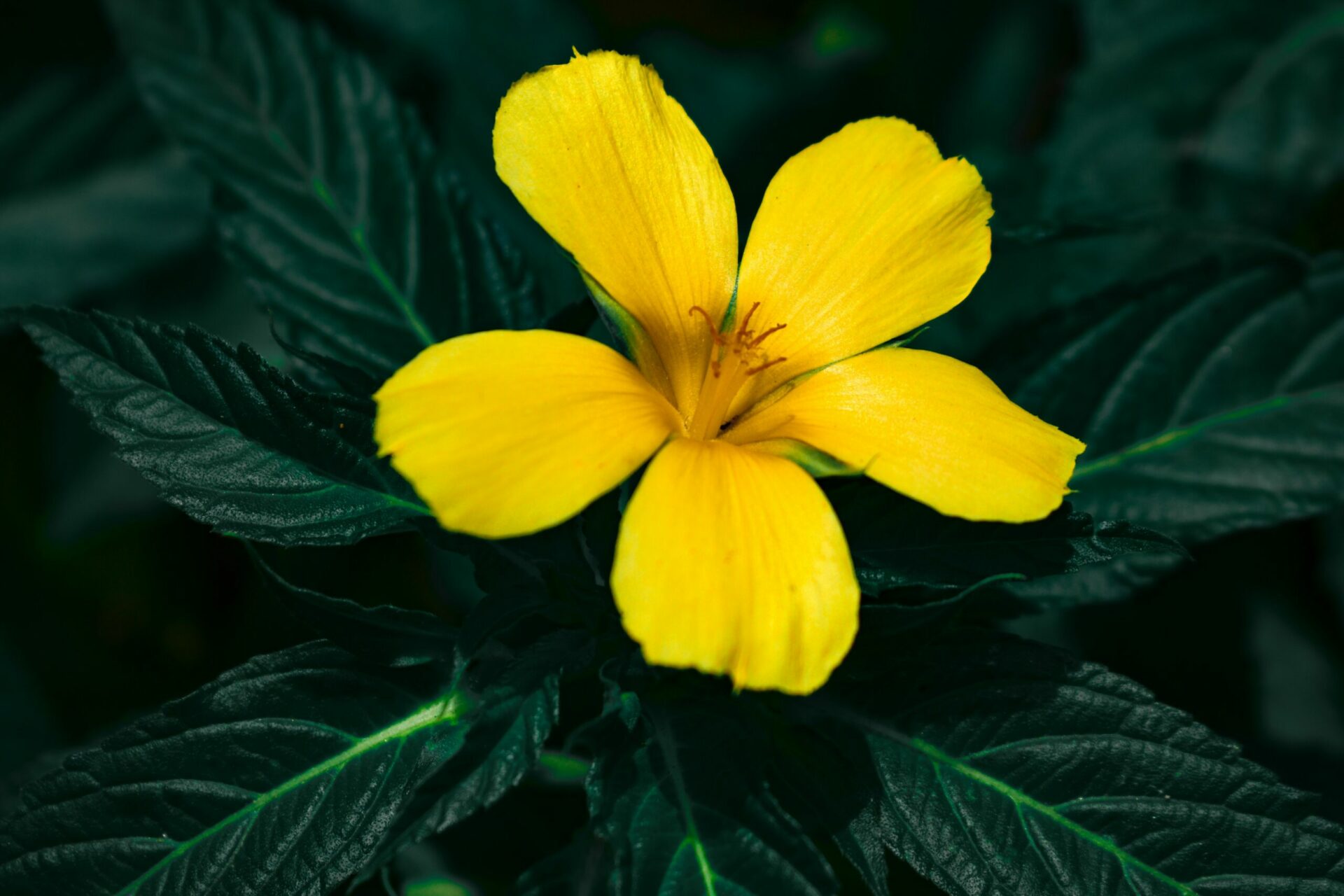Botanical Description:
Scientific Name: Chimaphila umbellata
Common Names: Pipsissewa, Prince’s Pine
Description:
Pipsissewa, scientifically known as Chimaphila umbellata, is a perennial herb with glossy leaves and delicate pink flowers. With a history rooted in traditional medicine, Pipsissewa offers potential therapeutic benefits. Explore the traditional uses, constituents, and applications of Pipsissewa in this Materia Medica.
Disclaimer:
This Materia Medica is provided for informational purposes only and should not replace professional medical advice. Please consult with a qualified healthcare practitioner or herbalist before using any herbal remedies.
Therapeutic Actions:
- Diuretic:
- Pipsissewa is known for its diuretic properties, promoting the elimination of excess fluids from the body.
- Anti-Inflammatory:
- Exhibits anti-inflammatory properties, contributing to its role in addressing inflammatory conditions.
- Antiseptic:
- Pipsissewa is considered to have antiseptic properties, potentially aiding in the treatment of urinary tract infections.
- Astringent:
- The astringent qualities of Pipsissewa may be beneficial in addressing conditions related to mucous membranes.
Constituents:
- Arbutin:
- Arbutin, found in Pipsissewa, is known for its potential antiseptic and diuretic effects.
- Flavonoids:
- Pipsissewa contains flavonoids, contributing to its antioxidant and anti-inflammatory properties.
- Tannins:
- Tannins found in Pipsissewa may contribute to its astringent effects.
Traditional Uses:
- Urinary Health:
- Pipsissewa has been traditionally used to support urinary health, particularly in conditions like urinary tract infections.
- Inflammatory Conditions:
- Used for its anti-inflammatory properties, Pipsissewa may be employed in addressing inflammatory conditions.
- Fluid Retention:
- The diuretic effects of Pipsissewa may aid in managing fluid retention.
- Mucous Membrane Conditions:
- The astringent qualities of Pipsissewa may be beneficial for conditions affecting mucous membranes.
Dosage and Preparation:
- Pipsissewa Infusion:
- Infusions can be made using dried Pipsissewa leaves for internal use. Dosage should be in accordance with recommended guidelines.
- Tincture:
- Tinctures prepared with Pipsissewa can be used for internal use. Dosage may vary, and it’s essential to follow recommended guidelines.
- Topical Applications:
- External preparations with Pipsissewa extract may be applied for skin conditions.
Cautions and Considerations:
- Pregnancy and Breastfeeding:
- Safety during pregnancy and breastfeeding is not well-established, and consultation with a healthcare professional is recommended.
- Kidney Conditions:
- Individuals with pre-existing kidney conditions should use Pipsissewa with caution due to its diuretic effects.
- Allergies:
- Individuals with known allergies to Pipsissewa or related plants should avoid its use.
Conclusion:
Pipsissewa, with its dainty appearance and potential medicinal properties, stands as a herbal remedy with a focus on urinary and anti-inflammatory support. From diuretic effects to anti-inflammatory and antiseptic properties, Pipsissewa offers a range of potential benefits. Whether used in infusions, tinctures, or topical applications, Pipsissewa provides options for those seeking natural remedies. Precautions are necessary, especially for certain populations or individuals with specific health concerns. This Exhaustive Materia Medica aims to provide comprehensive insights into Pipsissewa’s botanical description, therapeutic actions, constituents, traditional uses, dosage, precautions, and applications. For personalized guidance, consultation with healthcare professionals or herbalists is recommended to ensure safe and effective utilization of Pipsissewa as a herbal remedy.





